War makes strange giant creatures out of us little routine men who inhabit the earth
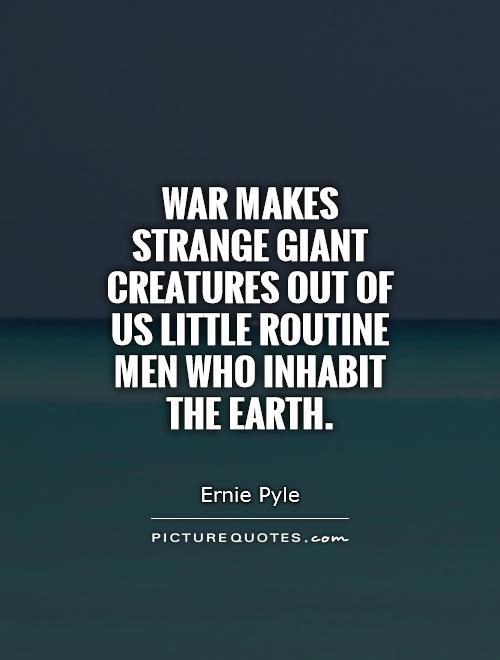
War makes strange giant creatures out of us little routine men who inhabit the earth
Ernie Pyle, a renowned war correspondent during World War II, once famously said, “War makes strange giant creatures out of us little routine men who inhabit the earth.” These words perfectly encapsulate the transformative and often brutal nature of war on the human psyche.In times of war, ordinary individuals are thrust into extraordinary circumstances that test their physical, emotional, and mental limits. The horrors of combat can bring out the darkest and most primal instincts in people, turning them into unrecognizable beings capable of unspeakable acts of violence and cruelty. The daily struggle for survival in the midst of chaos and destruction can strip away the veneer of civilization, revealing the raw and savage nature that lies beneath.
War also has a way of distorting one’s sense of self and identity. The constant exposure to death and suffering can desensitize individuals to the value of human life, leading them to become numb to the pain and suffering of others. The lines between friend and foe, right and wrong, blur as individuals are forced to make split-second decisions that can have life-altering consequences. In the heat of battle, morality and ethics often take a backseat to the instinct for self-preservation.
Moreover, the camaraderie and brotherhood that develop among soldiers in war can create a sense of unity and purpose that transcends individual differences. In the face of a common enemy, men and women from diverse backgrounds come together to fight for a common cause, forming bonds that can last a lifetime. The shared experiences of hardship and sacrifice forge a deep connection among soldiers that is difficult to replicate in civilian life.




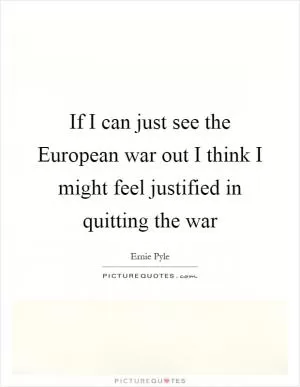

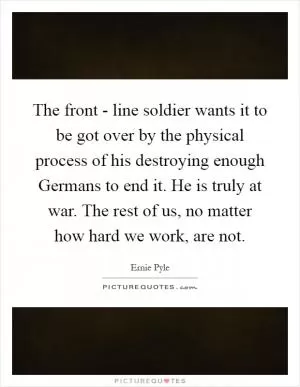
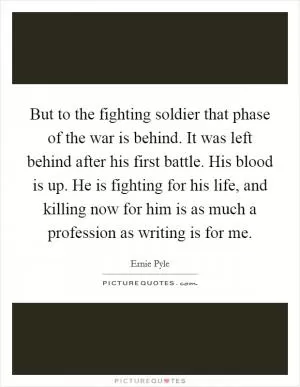
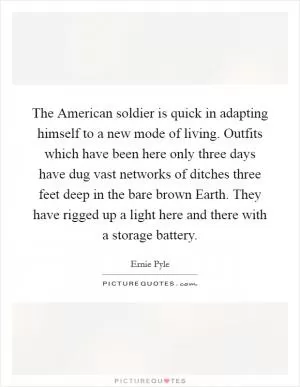
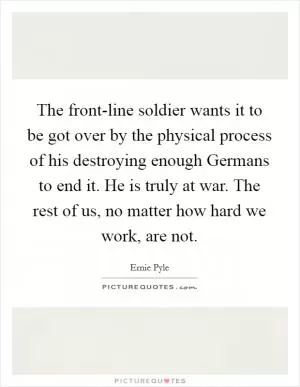
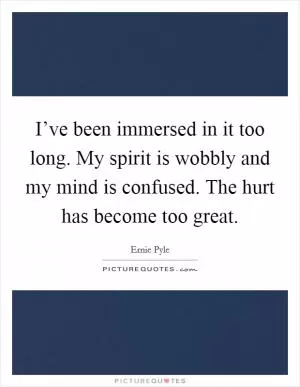
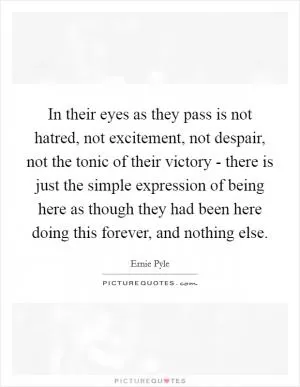
 Friendship Quotes
Friendship Quotes Love Quotes
Love Quotes Life Quotes
Life Quotes Funny Quotes
Funny Quotes Motivational Quotes
Motivational Quotes Inspirational Quotes
Inspirational Quotes